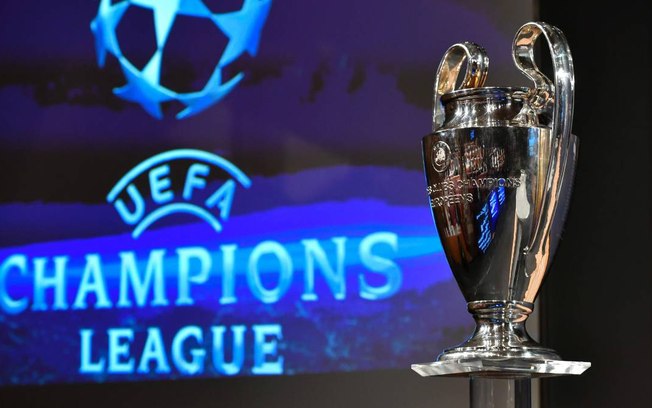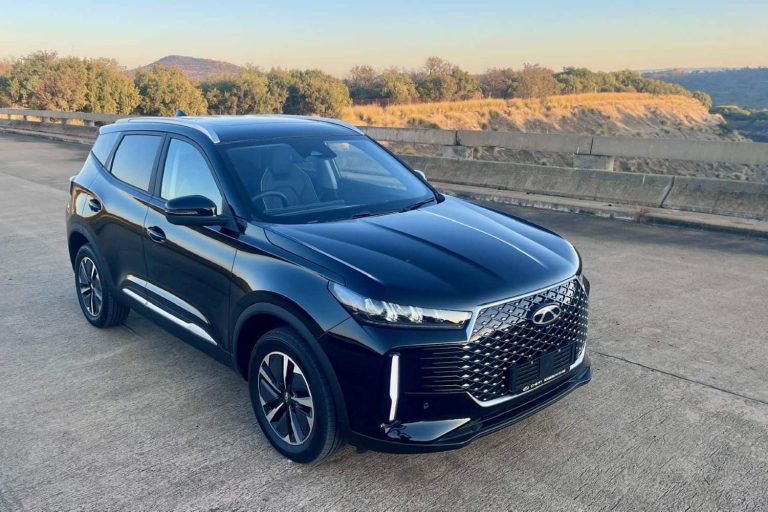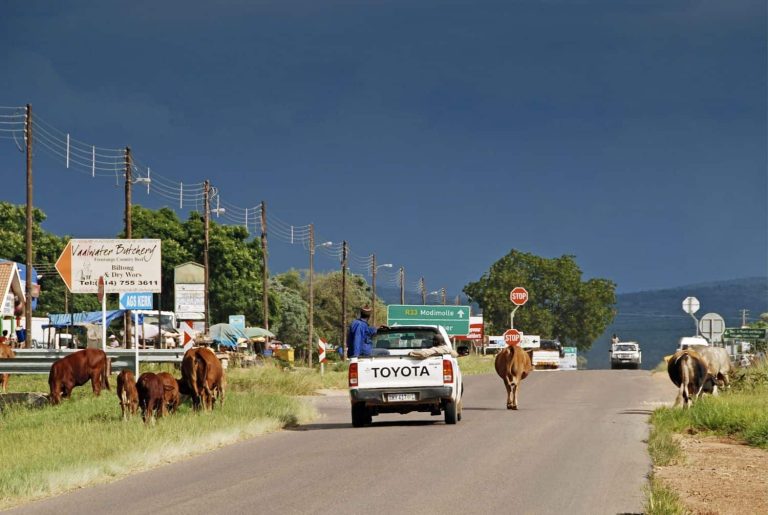
Heineken has announced plans to end its three decade sponsorship of the UEFA Champions League in August 2027, drawing the curtain on one of the most recognisable brand partnerships in world football.
The decision comes after a comprehensive review of the Dutch brewer’s global marketing investments. The company said the move reflects a new focus on directing resources toward partnerships that offer higher long term value, measurable impact, and stronger consumer engagement.
Heineken first entered the competition in 1994 through its Amstel brand before switching to the flagship Heineken label in 2005. Since then, the brand has become synonymous with the tournament, appearing in stadiums, television broadcasts, and global fan campaigns.
Confirming the decision on 30 October, Heineken explained that its exit aligns with an evolving strategy to diversify its sponsorship portfolio. The brewer said it will continue to prioritise sports and entertainment platforms that deliver sustained visibility and cultural relevance.
The announcement follows reports that rival brewing giant AB InBev has entered exclusive talks with UEFA’s commercial arm, UC3, to take over as the official beer sponsor for all men’s club competitions between 2027 and 2033. The potential deal would cover major tournaments including the UEFA Champions League, Europa League, and Conference League.
Industry analysts view the shift as a significant moment in global sports marketing, with AB InBev expected to leverage its scale and diverse brand portfolio to deepen its presence in European football.
Heineken, meanwhile, has reaffirmed its commitment to other high profile sports properties. The company said it will sustain investments in Formula 1, where it serves as title and sustainability partner, and in Premier Padel, an international racket sport it joined as global beer partner earlier this year. It also recently extended its deal with the UEFA Women’s Champions League for the 2025–2030 cycle.
Despite its iconic sponsorship legacy, Heineken has come under mounting pressure from investors to accelerate growth and improve cost efficiency. Analysts note that the brewer lags behind industry leader AB InBev in production efficiency and market momentum, partly due to a larger brewery footprint and higher operating costs in some regions.
CEO Dolf van den Brink, who has led the company since 2020, outlined a renewed strategic focus earlier this year. The plan targets up to €500 million in annual cost savings by 2030, alongside growth initiatives centred on 17 priority markets and five core global brands.
Heineken aims to achieve mid single digit annual revenue growth and stronger profit margins through the strategy, which the company says will help strengthen its competitiveness in a volatile global market.
Van den Brink expressed optimism that the global beer market will stabilise over the coming years, forecasting a return to around one per cent annual volume growth once economic pressures and geopolitical uncertainties ease. He said Heineken intends to outperform the broader category when that recovery occurs.
The company’s decision to withdraw from the UEFA Champions League marks the end of an era in sports marketing, as its green branding and signature red star have been a fixture of European football nights for decades.
Ademide Adebayo.



